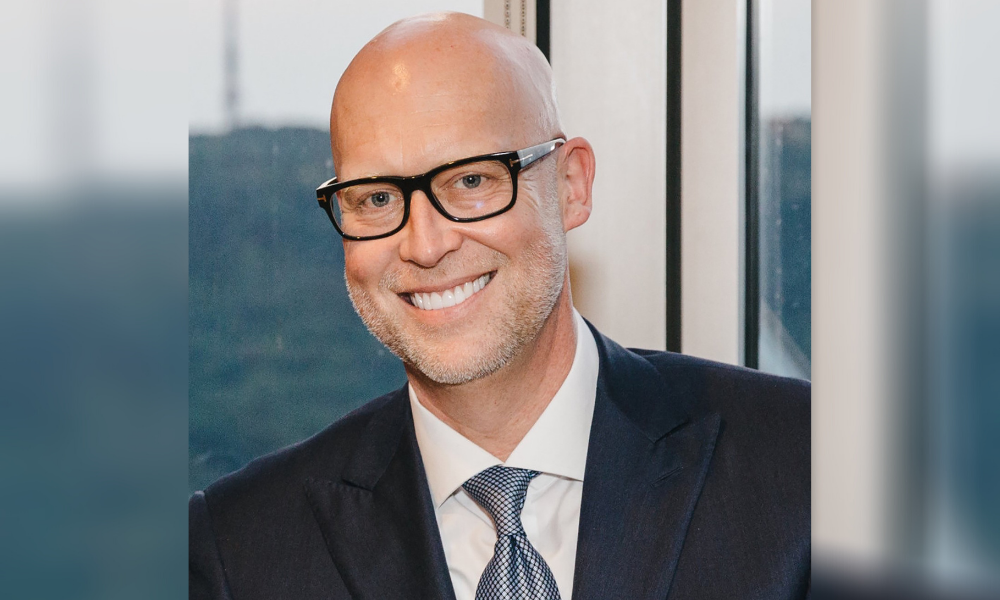With an array of specialist investment managers and a focus on sustainability, company is redefining its relationships with advisors

Six months after proclaiming a new dawn in the era of Franklin Templeton Canada, president and CEO Duane Green remains determined to “blow up” stereotypes about the company.
Almost a year after completing the acquisition of Legg Mason, which elevated the firm to the sixth largest independent asset manager in the world with $2 trillion in AUM, the end of 2020 saw the firm redefine its distribution strategy and challenging itself leadership team to think post-COVID.
Leveraging the expertise of its array of specialist investment managers, it has added a number of new mutual funds and ETFs to its line-up in recent months. The latest additions include three sustainable ETFs on the TSX, which tapped into a theme Green is keen to emphasise.
He told WP that rather than use ESG as a tagline to sell products, it’s about understanding how investment managers should be operating and building portfolios. This honing in on sustainability is nothing new for Franklin Templeton, he stressed, adding that it’s been ingrained in its DNA for years. And Green believes there is too much marketing-style lip service paid to responsible investing, ESG or sustainability in the industry at presence.
“If I'm an institutional buyer or financial advisor, I really need to then step back and say, ‘what does that mean? Are [the providers] just putting a name on it? Or is it truly part of what they do?’
“The reason I have confidence in challenging the industry about it is I can back this up all day long, because it's been ingrained in the DNA of our specialists and investment managers for decades. It's easy for us to tell that story.
“But I think sustainability, and ESG overall, is very important to Canadian investors, which is why the new strategies we have launched focus on sustainability.”
This direction also aims to capitalize on the infrastructure spending that will help Canada get back on a strong economic footing. One of Franklin Templeton’s new strategies that it brought to market was the Clearbridge Infrastructure Income Strategy, which not only has sustainability at its forefront but, as the name suggests, provides income for investors.
Green said: “We're not going to be all things to all investors, but where we can rely on our specialty or expertise, be it in fixed income, sustainability, ESG, infrastructure, real estate and the real assets, that's where we can get a meaningful relationship with advisors that are building portfolios because we've got those great building blocks that they can use.”
The bridge to advisors is obviously critical to the success of Franklin Templeton Canada and the CEO reiterated his stance that this is not the same company that people have known for the past 66 years. Green wants advisors to ditch the old stereotypes about the firm and take a fresh look at what he and his team have to offer.
“We've engaged with more advisors than we would normally engage with [this year], and we're developing new advisor relationships,” he said. “And they're hearing a story about who the new Franklin Templeton Canada is – and it’s resonating. Give us an opportunity to tell you what is different about us. Fundamentally, it’s a different organization in Canada. Reset and let us show you who Franklin Templeton Canada is now.”
The new-look distribution model, which focuses on getting in front of more advisors, has started well but it’s not been a triumph of quantity over quality. Green said the excitement at the new direction is now tangible because it has carefully selected, thoughtful products to show the industry. It made a concerted effort to tighten up its product shelf in order to resonate with more Canadians.
He said: “We've got so many capabilities globally that we can tap into but that doesn't mean we should be doing all of them. It’s been a fun evolution over the past six months.”



